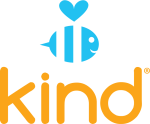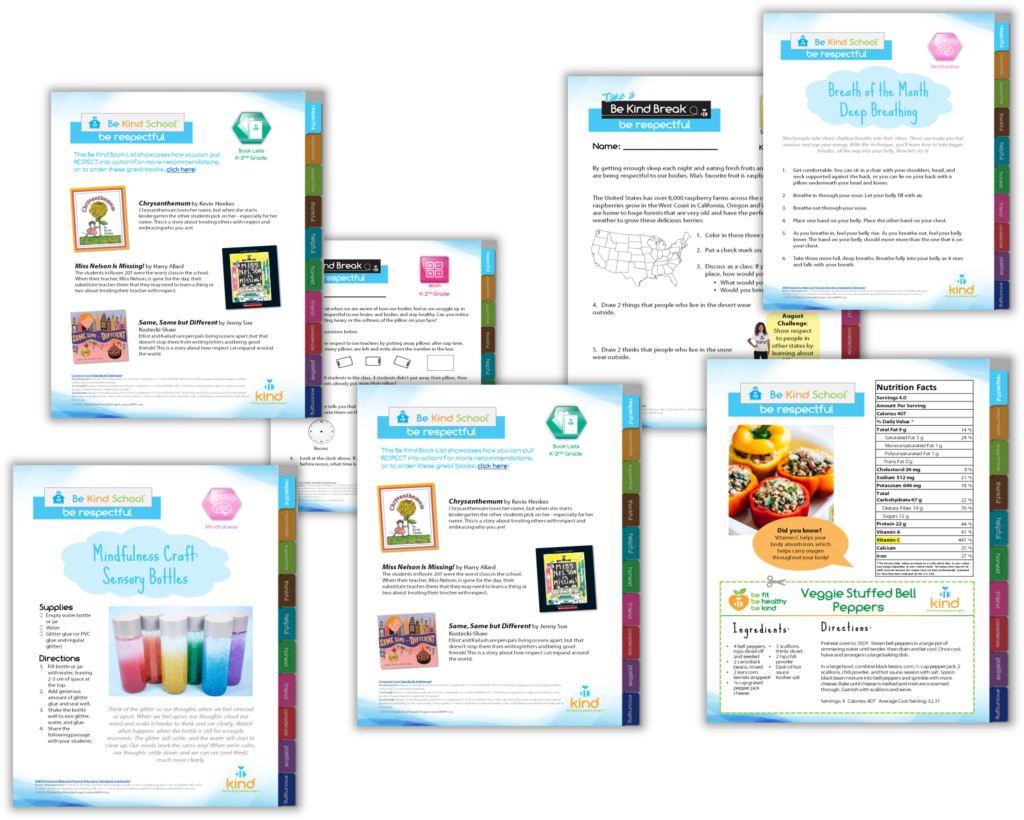- About
- Programs
- After School Classes
- All-School Assemblies
- The BE KIND Business
- The BE KIND Community Education Center
- The BE KIND SCHOOL
- BE KIND on the MOVE
- Classroom Resources
- #CyberSkills
- Family Engagement
- Fitness Programs
- Gardens
- Grace’s Group
- Health & Wellness
- Summer Programs
- Teacher Training
- Wellness Wednesday
- Athletes for Arizona
- Events
- Get Involved
- Donate
Heart Health Series: Cholesterol
- Home
- Wellness Wednesday
- Disease Prevention
- Heart Health Series: Cholesterol
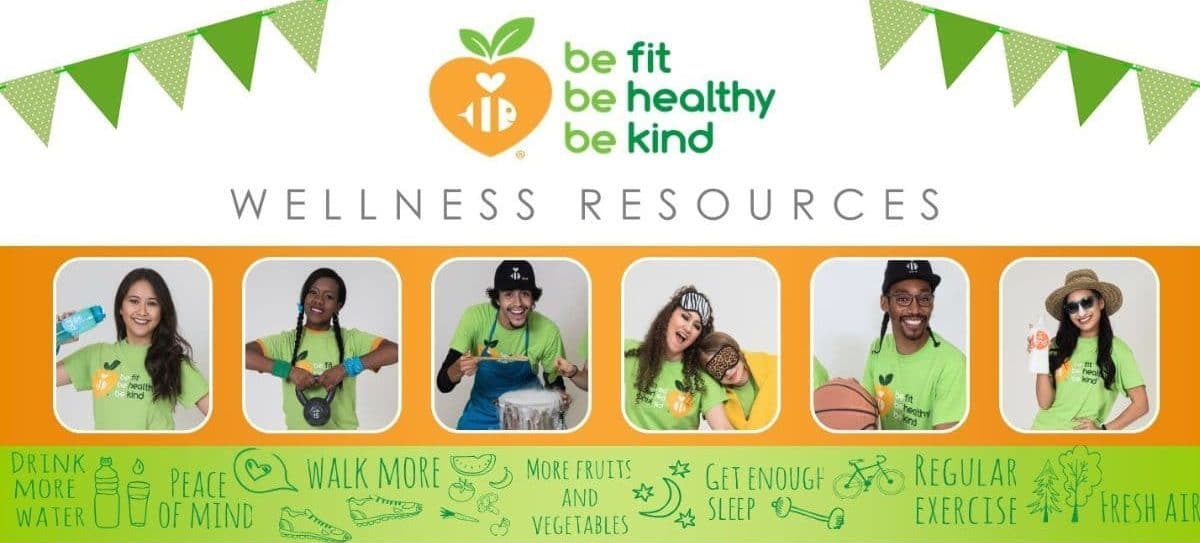
Wellness Wednesday emails are designed to provide you with simple tools, information, and resources to encourage positive and healthy lifestyle choices. As a proud recipient of The Healthy Arizona Worksite Award, The Be Kind People Project is committed to the health and wellness of its employees, friends, and family.
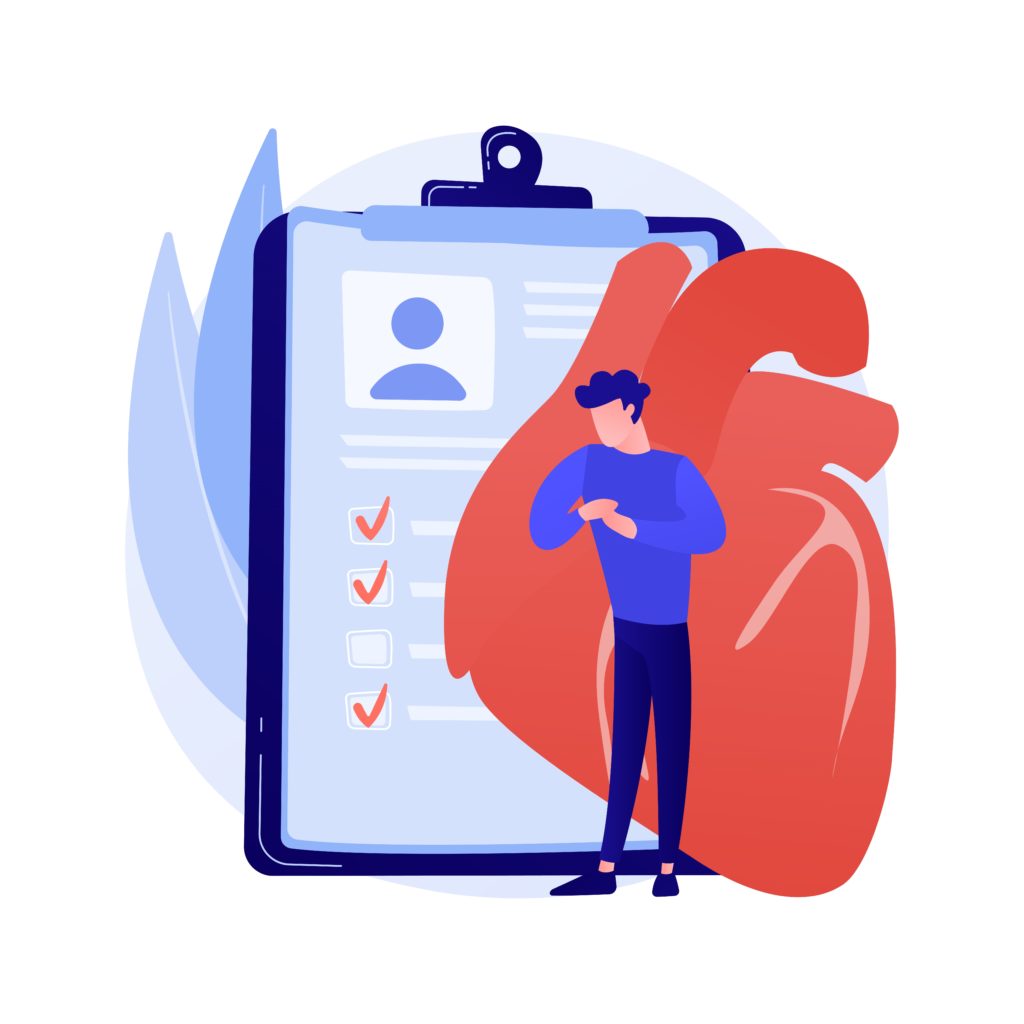
What is cholesterol?
Cholesterol is a waxy substance circulating in our blood that our body needs to build cells and make vitamins and other hormones. It comes from our liver and the foods we eat from animals (meat, poultry, and dairy products). Some tropical oils (palm, palm kernel, and coconut) usually found in baked goods also increase cholesterol. These foods are typically high in saturated and trans fat, which causes our liver to make more cholesterol. This increase can push some people to an unhealthy level. Let’s learn more about cholesterol and what we can do to stay heart-healthy!
Cholesterol Myth Busters!
There’s a lot of information out there, and it can be hard to identify what’s fact or fiction – especially when it comes to health and wellness! Let’s learn about some cholesterol myths and get to debunking them!
- “All cholesterol is bad!” While we mostly hear about cholesterol and how it affects our overall heart health, it’s not all bad! Cholesterol is a building block for our cell membranes, hormones, and vitamin D. Click here to learn more about the differences between “good” and “bad” cholesterol!
- “If you’re a healthy weight, you don’t have high cholesterol.” Unfortunately, individuals with a family history or genetic predisposition to high cholesterol can still be at risk.
- “Only men are at risk of high cholesterol.” High cholesterol does not discriminate – everyone is at risk! As women age, estrogen production decreases, which causes an increased risk of heart disease.
- “I don’t need to have my cholesterol checked until about 40.” The American Heart Association recommends that individuals with a family history of high cholesterol should get screened as early as 20 years old.
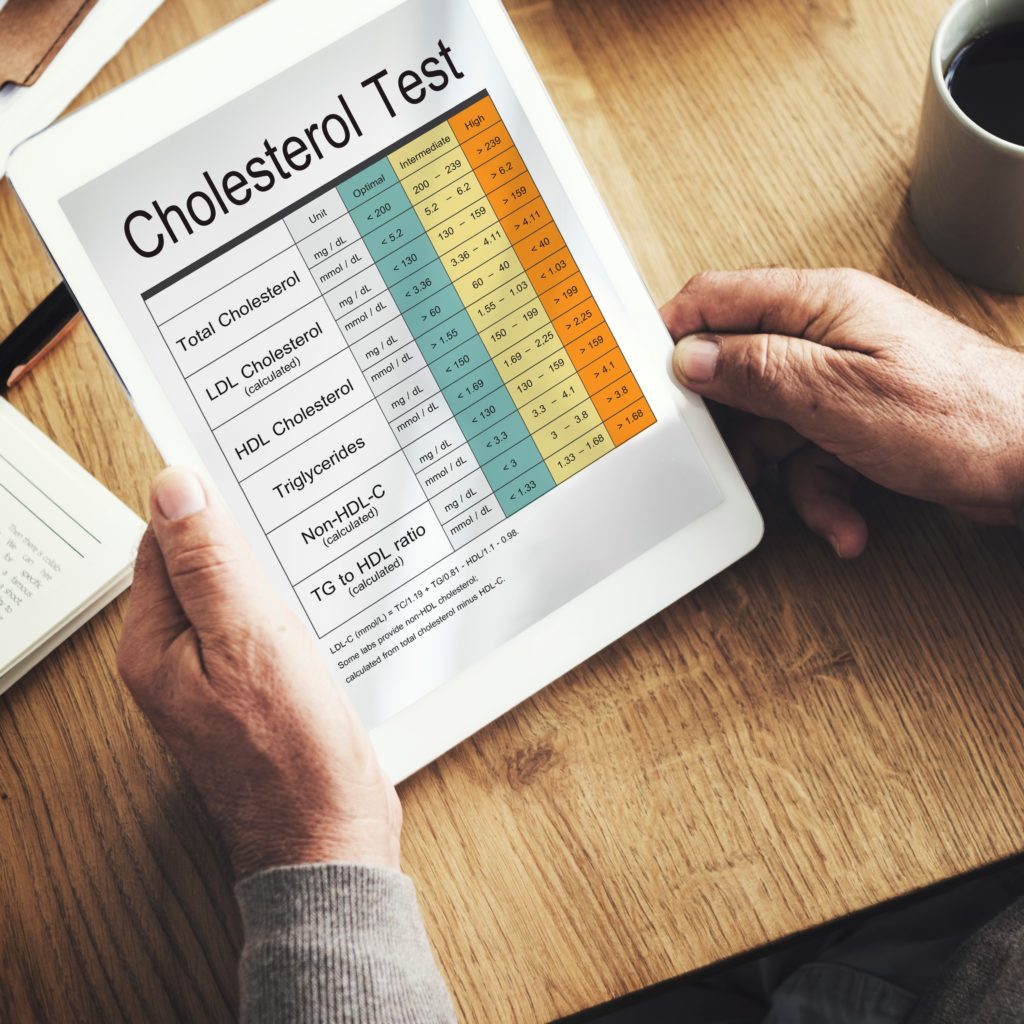
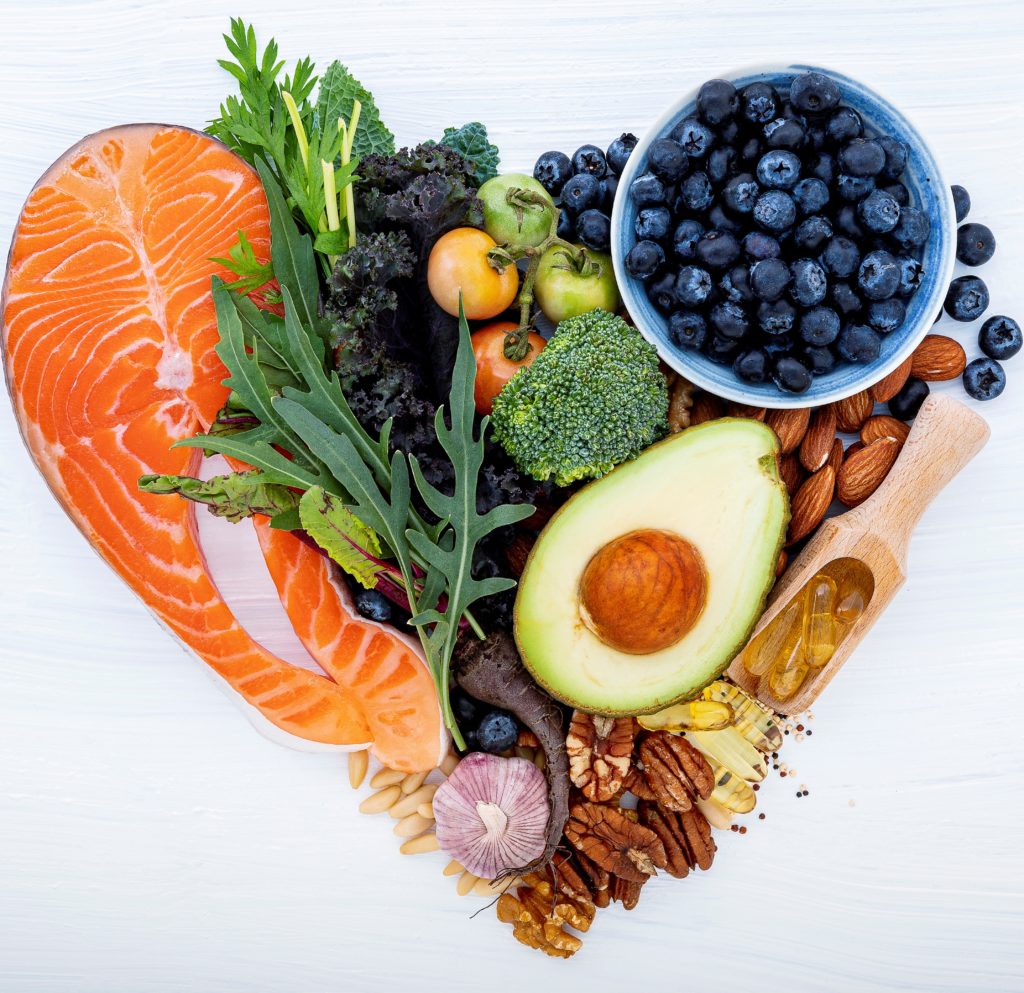
Cholesterol Controlling Foods
One of the easiest ways to lower cholesterol levels is by considering what we eat and drink. Meat and dairy products tend to have higher saturated fats, leading to more cholesterol in the arteries. Here are some great examples of cholesterol-lowering foods!
- Eggplant: Eggplants, also known as aubergines, contain fiber which helps regulate our cholesterol levels.
- Apples: Like the saying goes: “An apple a day keeps the doctor away!” A 2019 study found that eating around 2 apples a day can help reduce cholesterol in individuals with high cholesterol levels.
- Nuts: Almonds, pistachios, walnuts, and cashews are rich in unsaturated fats and fiber. Unsaturated fats can help lower cholesterol levels, especially when replacing saturated fats.
- Garlic: Multiple research studies found that garlic supplements can help maintain cholesterol levels and reduce blood pressure.
Cholesterol Controlling Habits
We can take control of our cholesterol levels by implementing healthy habits into our routine. Here are some great activities that can lower cholesterol levels, regardless of age or ability!
- Movement counts. Getting 30-60 minutes of cardiovascular exercise at least 5 times a week can boost HDL cholesterol levels.
- Fiber fighters! Adding fiber-rich foods to an everyday diet or making little swaps to whole grain alternatives helps reduce LDL cholesterol levels.
- Be a quitter. Smoking lowers HDL cholesterol levels. Smoking cessation can help regulate cholesterol levels.
- Check yourself! Consult your doctor to set up a blood cholesterol test (or a lipid panel) to check your cholesterol levels. Once you have your results, then you can set a game plan with your doctor to make sure you’re staying happy and healthy!

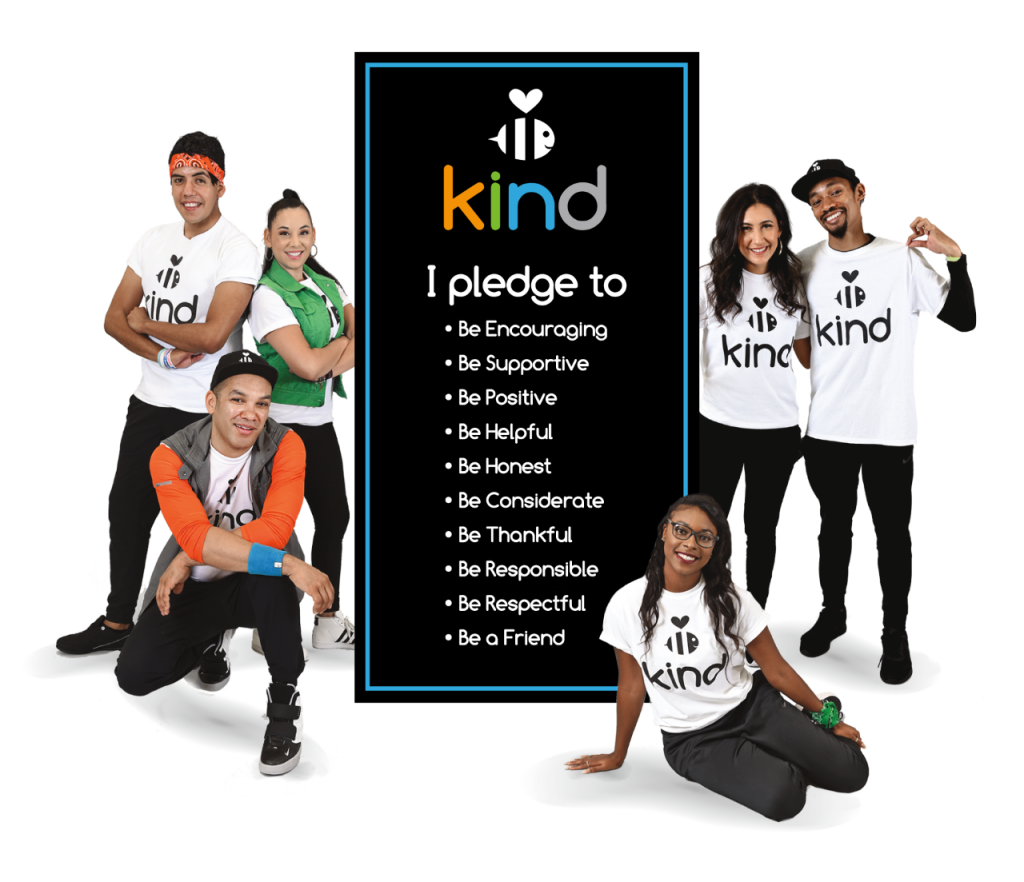
American Heart Health Month!
Be sure to take care of your heart today and every day! This American Heart Month, be sure to check out the American Heart Association for helpful resources to take care of YOU. There’s even a resource on how to find certified heart-healthy foods in your local grocery store, click here for more!

Published February 9, 2022
By Krysta Flores, National Manager of Online Learning
Questions? Comments? Want to contribute to the Wellness Wednesday Bulletin?
Send your ideas to Krysta Flores at krysta@bkpp.org.

Learn More about The Be Kind People Project®
- Programs
- After School Classes
- All-School Assemblies
- The BE KIND Academy
- The BE KIND Business
- The Be Kind Break
- The BE KIND School
- The BE KIND on the MOVE
- #CyberSkills
- Family Engagement
- Fitness Programs
- Gardens
- Grace’s Group
- Health & Wellness
- Summer Programs
- Teacher Training
- Wellness Wednesday
- Athletes for Arizona
Copyright © The Be Kind People Project | Privacy Policy
